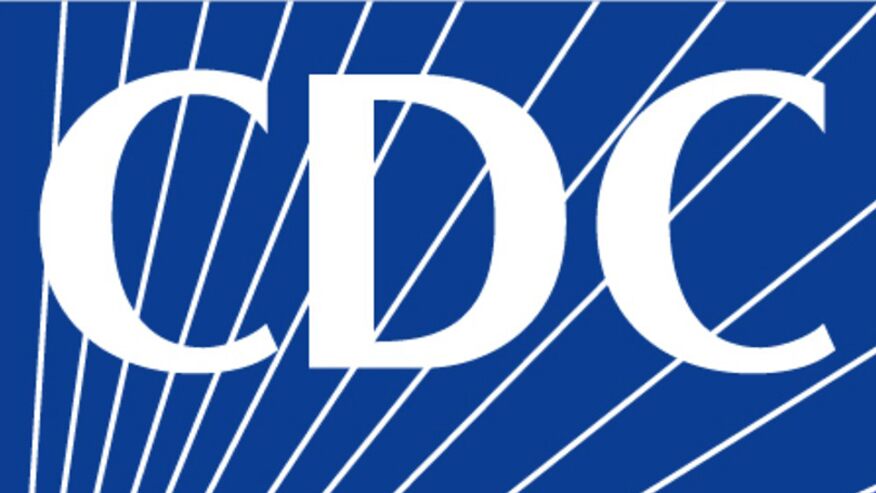
Hospitals across the U.S. are preparing to receive patients infected with the novel coronavirus and have been given instructions by the Centers for Disease Control and Prevention (CDC) on how they might accommodate such an influx.
Medical centers are expected to “identify and isolate patients with 2019-nCoV and inform key facility staff and public health authorities,” immediately, according to the CDC’s “Hospital preparedness checklist,” provided on its website.
They must also limit the number of patients they offer treatment to, but also be prepared to react accordingly if the number of cases spike.
Hospitals are asked to streamline communication, internally and externally, as well as monitor healthcare workers for possible signs that they’ve contracted the virus.
In addition to providing access to “negative-pressure airborne infection isolation rooms,” hospitals are also asked to make certain their supplies of hygiene products are fully stocked to help control the spread of the virus.
The CDC advocated for “refresher” training for all health care personnel, on how to obtain a specimen for testing, the specifics of patient placement, and how to properly report new cases of the illness.
The coronavirus, or 2019-nCoV, began at an animal and seafood market in Wuhan, China, and has spread to several other countries. The illness is said to be transferable between humans.
Symptoms of the virus include fever, cough and shortness of breath. There aren’t many preemptive steps that can be taken to avoid infection, other than practicing basic sanitary measures on a regular basis.
When news of the virus first broke, the CDC suggested people wash their hands regularly and avoid contact with other sick people, who are recovering from an illness. It also warned against touching your eyes and face and recommended keeping objects and surfaces in your home or workspace clean and disinfected.
There is no vaccine to protect against the virus, although the National Institutes of Health had confirmed to Fox News that they were in the “early stages” of developing one, and officials are hoping a lockdown placed on 13 cities will help contain the spread.
The number of coronavirus cases in China has now surpassed the number of SARS cases that occurred in mainland China, during the 2002-2003 outbreak. The coronavirus death toll, however, still remains lower.
Virologist and professor of microbiology and immunology at Columbia University Vincent Racaniello, PhD, spoke about the virus on Monday and said it differs from SARS in that it’s spreading outside of the medical community.
CLICK HERE TO GET THE FOX NEWS APP
“The coronavirus that caused the 2002-2003 outbreak of SARS was largely spread in health care settings, but the new coronavirus appears to be spreading mainly in communities,” he said.
“If that pattern continues, it will be troublesome because community spread is harder to stop than hospital spread. The patterns of infection need to be carefully studied to get this information. It’s possible that the virus will become entrenched in the human population for many years and there will be regular outbreaks.”
Racaniello also claimed it could take years to produce an effective countermeasure to fight the virus, and said health officials may have to use anti-viral drugs to stem the tide until a more long-term solution can be found.
“Vaccines against the new coronavirus are already being developed, but whether they will be licensed—a process that will take several years—depends on whether the outbreak continues,” he added.
“In the shorter term, it is possible to test whether some existing licensed antiviral drugs are effective against the new coronavirus. If they are, they could be used to treat infected patients, especially older ones in whom the disease is more severe.”
As of Thursday, at least 170 people have been killed by the virus, while nearly 8,000 have been sickened. Six of those cases were in the United States.
